Some exciting (though vague for now) news for me! Also a roundup of the various platforms I use for my self-published books, since I’m wide. Also how “adult” seems to mean erotic now, and how annoying that is.

RITA ® Award-Winning Author of Fantasy Romance

Some exciting (though vague for now) news for me! Also a roundup of the various platforms I use for my self-published books, since I’m wide. Also how “adult” seems to mean erotic now, and how annoying that is.


I’m digging into how I balance the various demands of being a hybrid author, giving details on my current decision-tree, how I decide what to give my agent to submit to traditional publishing, etc.

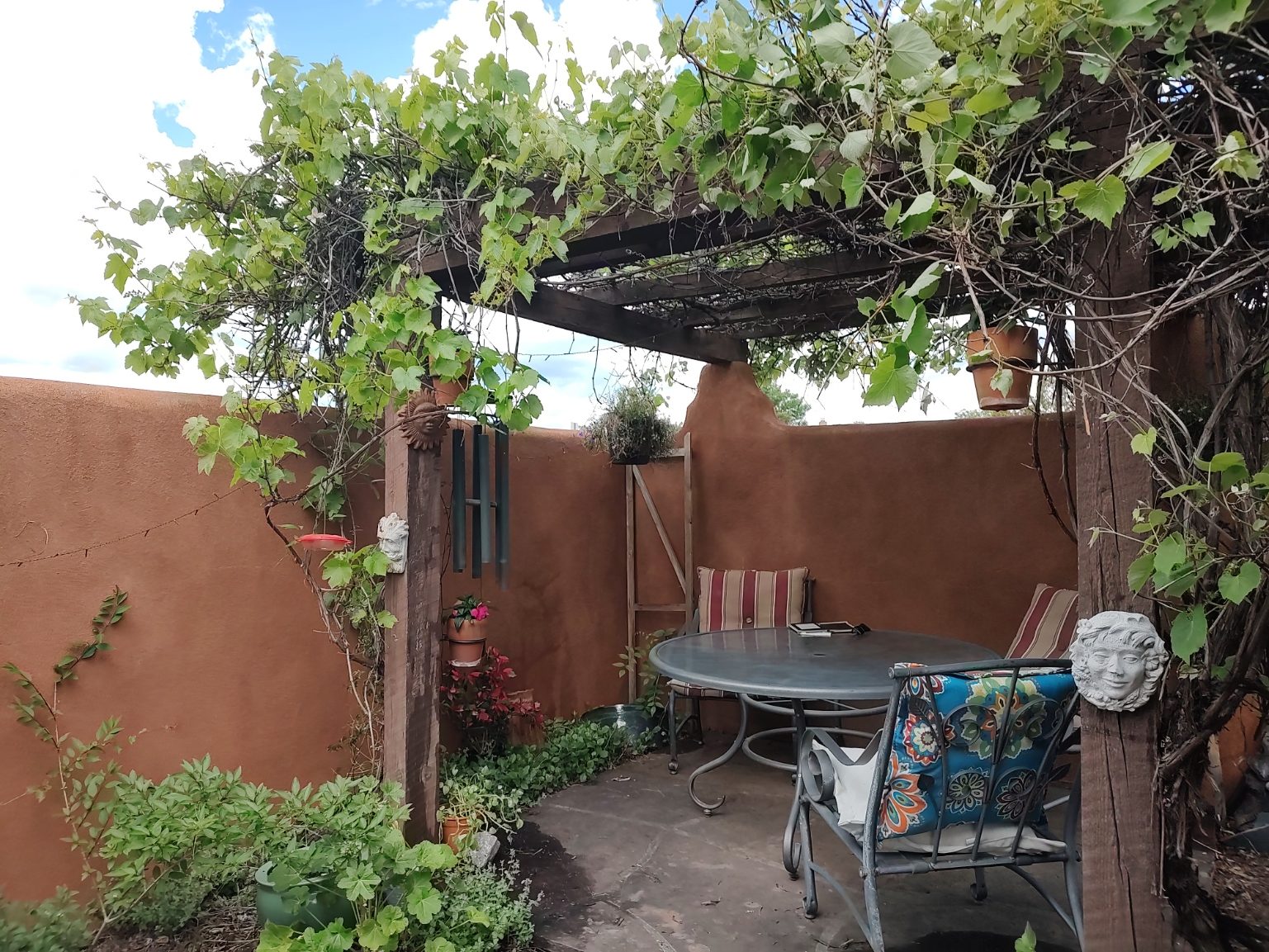
Thoughts on learning to paint by numbers, or learn to follow the rules of craft before you break them. How I’m breaking my own rule, on epistolary romances, and a funny story about my granddaughter.

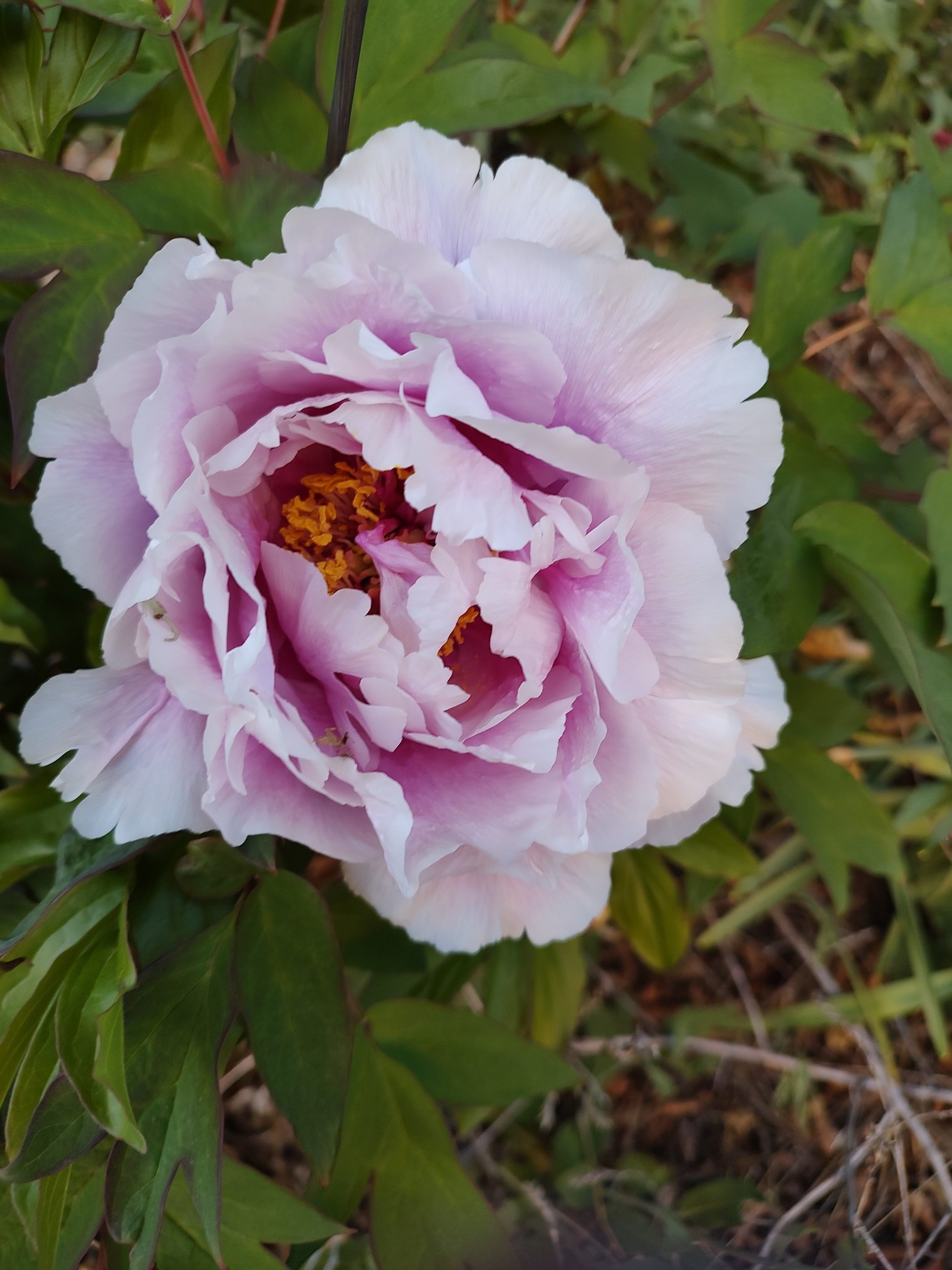
Zencastr borked on me, so there’s an abrupt ending, but I’m talking about self-publishing careers vs. trad-pub ones, AI and creativity, and writing a book that is an artistic conversation with another book.

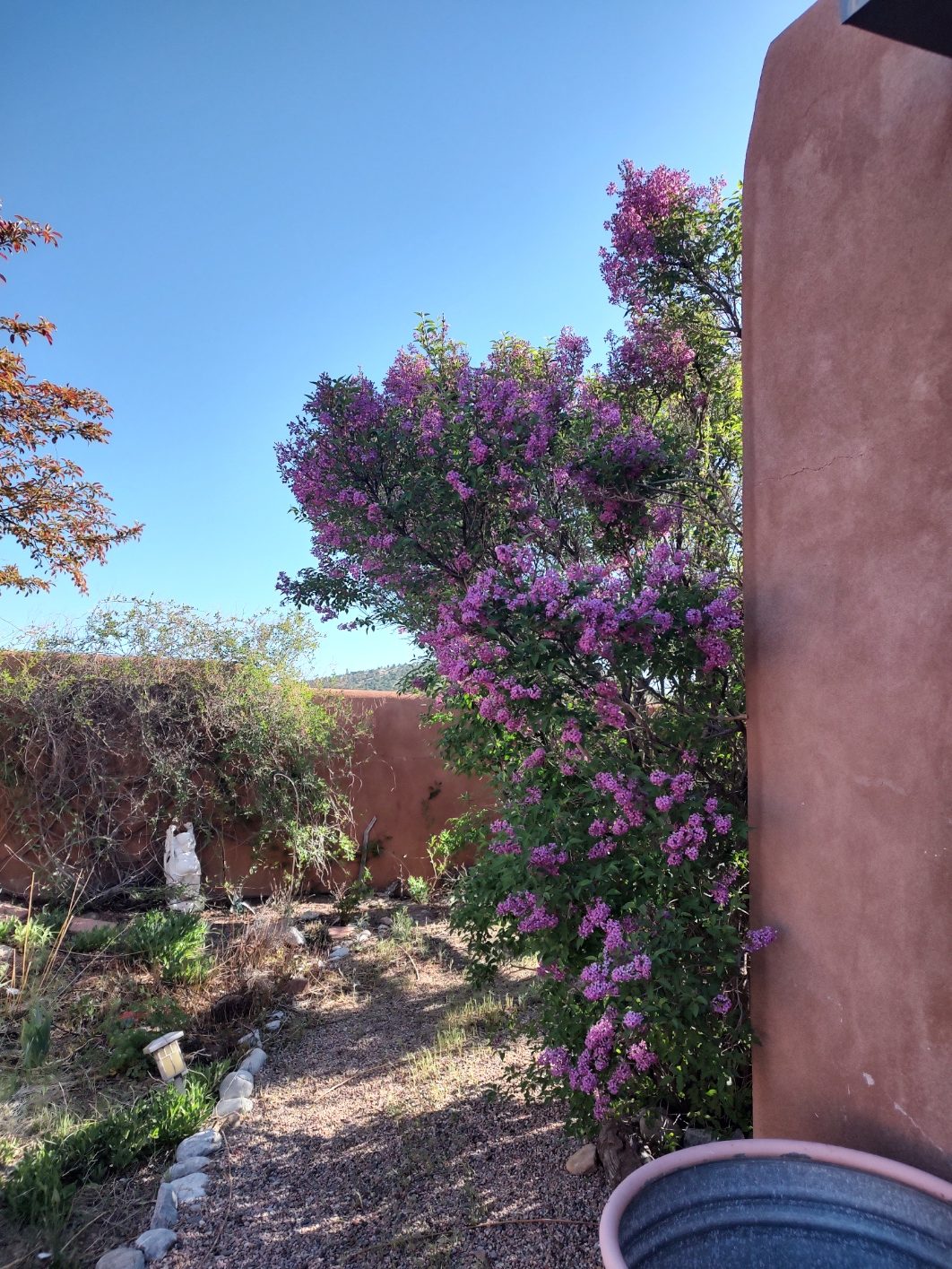

This week at the SFF Seven, we’re talking the business side of being a writer.
In our fantasies of being famous and beloved authors, we envision many things: bucolic writing sessions, romantic candlelit garrets with wine- and quill-strewn desks, celebrations with adoring fans, bookstore windows filled with our bestseller. (What’s yours? I’d love to know!) We (or, at least, I didn’t) don’t picture ourselves slaving at the computer, going cross-eyed over royalty statements or struggling to ramp up on the newest social media trend.
Many of us creatives don’t love the business side of being a writer. I mean, there’s a reason we took literature, theater, and art classes in college instead of Economics, and that we only knew where the business school was because we occasionally had to meet one of our friends there. With a few exceptions, as creatives, business is not our favorite learn.
But we have to learn to do it and we have to learn to do it WELL.
If we don’t, people will take advantage of us and, believe me, there are plenty lined up to do just that. There are ample cautionary tales of authors handing over the business aspects of their careers to someone else and losing everything. Even if it doesn’t go that badly, we run the risk of making foolish choices out of ignorance.
How much time do I spend on the business aspect of my writing life? A lot. At least as much time as I spend actually writing, possibly even twice as much, or even three times. Because I’m a hybrid author, self-publishing my books counts as me running a small, highly exclusive publishing company. It takes hours every day. On the trad publishing side, even though I have an agent who is amazing and efficient, I still have to spend a fair amount of time on back and forth with her – all business. And then there’s conventions and conferences, which are basically all business. Chatting with my author friends is fun and social, but also? Business.
The way I see it, since I write full-time and have no other job, anything I spend my time on that isn’t drafting or editing words counts as business. I take it very seriously.

A bit more on organizing large reader events and how scaling up gradually is super important for all small businesses. Also, how to tell if an agent is legit, or – if legit – the kind of agent you need.

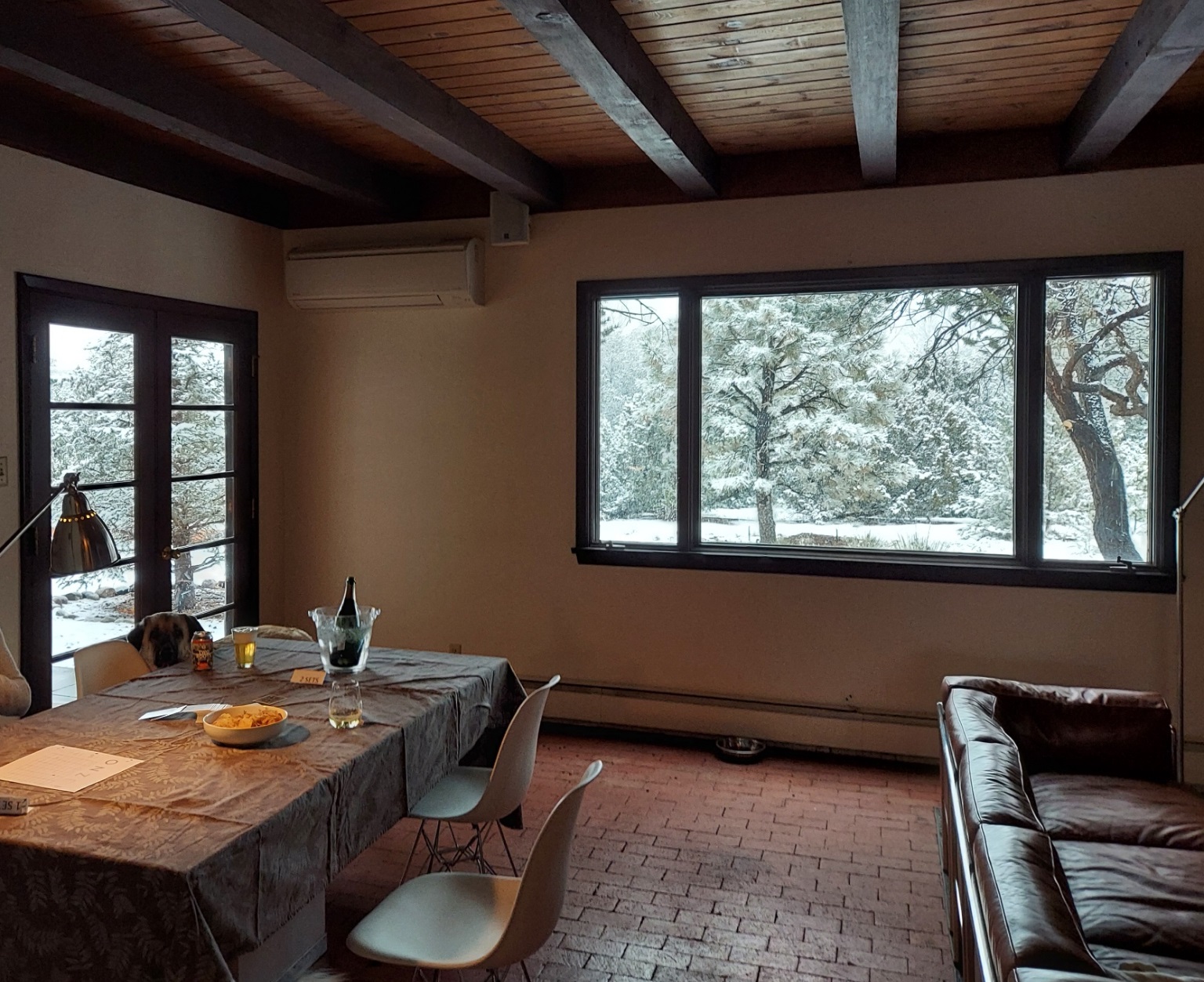
The business of self-publishing, especially ISBNs, and retail platforms for print. Also, raving about Star Trek: Strange New Worlds and what creators can learn from it on prequels and riffing within the canon.

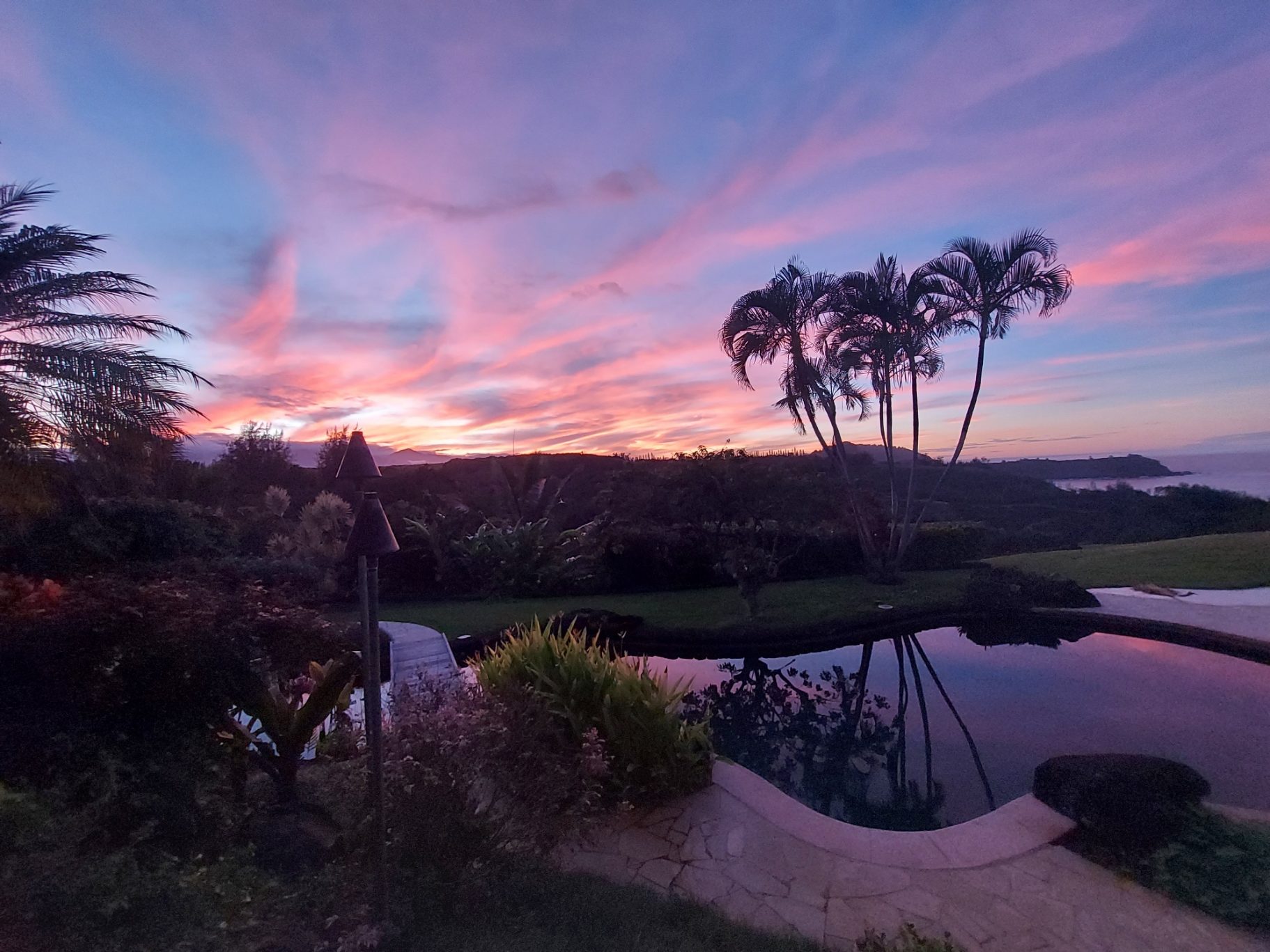
How Google thinks I’m being self-absorbed and other reflections on reentry and why I’m struggling with this new book. Also, thoughts on author incomes and the (annoying) Joanne Harris opinion piece.

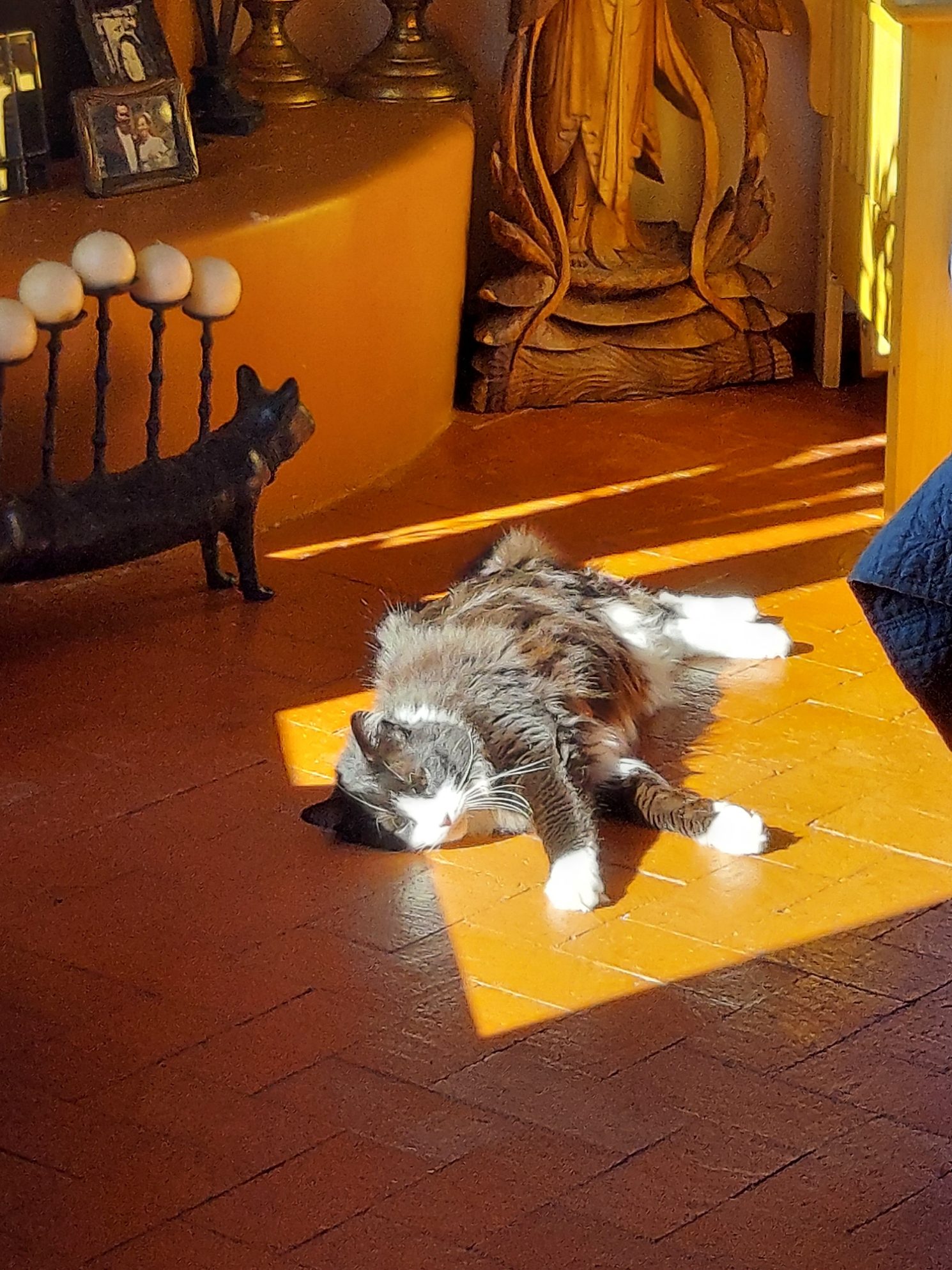
Last podcast for a couple of weeks as I’m headed on vacay/writing retreat. Talking about connections in our lives, Buddhism, David Bowie, Taylor Swift, expectations on creators and a bit on BANDITS.
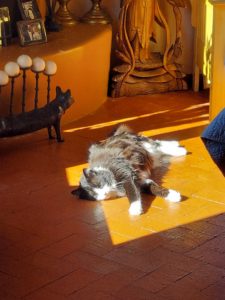
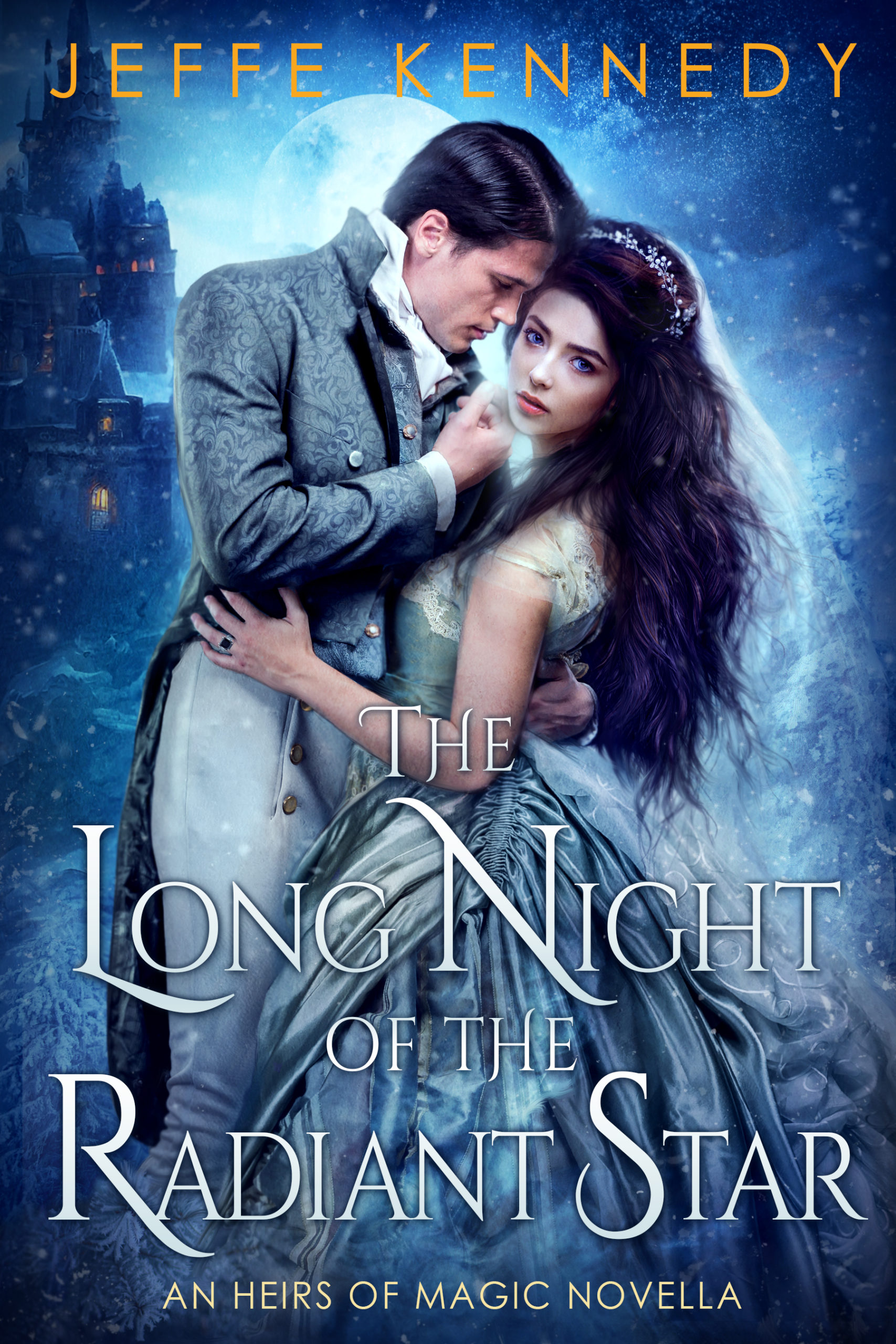
Some background on the difference between Back Cover Copy (BCC) and blurbs, how BCC remains the property of a publisher, even if rights are reverted, and what is a big NO to a publisher trying to retain.
